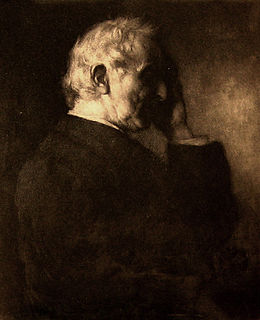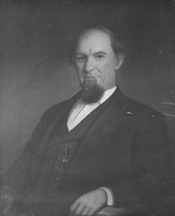A Quote by Mark Twain
Habit is habit, and not to be flung out of the window by any man, but coaxed down-stairs one step at a time.
Related Quotes
Habit is habit and not to be flung out of the window by any man, but coaxed downstairs a step at a time. You cannot eliminate habits that no longer serve you. You can only replace them with new habits that support your goals. Moment by moment, you need to live with awareness and structure the habits that you include or exclude in your days.
Your god may be your little Christian habit - the habit of prayer or Bible reading at certain times of your day. Watch how your Father will upset your schedule if you begin to worship your habit instead of what the habit symbolizes. We say, 'I can't do that right now; this is my time alone with God.' No, this is your time alone with your habit.
But you go to a great school, not for knowledge so much as for arts and habits; for the habit of attention, for the art of expression, for the art of assuming at a moment's notice a new intellectual posture, for the art of entering quickly into another person's thoughts, for the habit of submitting to censure and refutation, for the art of indicating assent or dissent in graduated terms, for the habit of regarding minute points of accuracy, for the habit of working out what is possible in a given time, for taste, for discrimination, for mental courage and mental soberness.
A fixed habit is supported by old, well-worn pathways in the brain. When you make conscious choices to change a habit, you create new pathways. At the same time, you strengthen the decision-making function of the cerebral cortex while diminishing the grip of the lower, instinctual brain. So without judging your habit, whether it feels like a good one or a bad one, take time to break the routine, automatic response that habit imposes.
A person who wills to have a good will, already has a good will--in its rudiments. There is solid satisfaction in knowing that the mere desire to get out of an old habit is a material advance upon the condition of submergence in that habit. The longest step toward cleanliness is made when one gains--nothing but dissatisfaction with dirt.


































